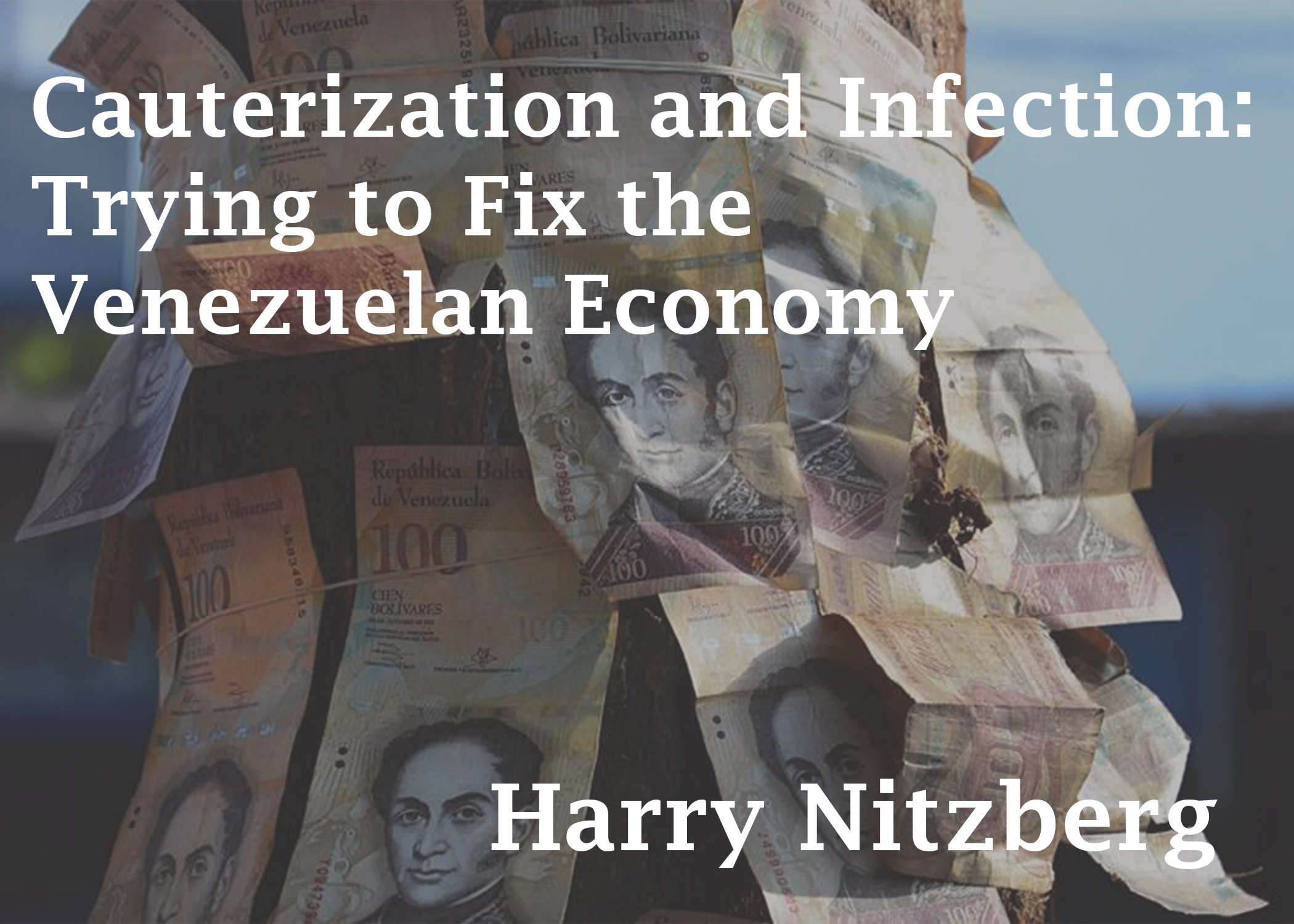Harry Nitzberg
Abstract: In the past few months, the Bolivarian Republic of Venezuela has seen some of the greatest challenges to its democracy in a generation. Low oil prices and mismanagement of the state-run oil company PDVSA have sunk the country into an economic and political crisis. The downfall of the self-proclaimed “socialist” country has brought free-market economists out of the woodwork. The majority of their policy prescriptions boil down to a set of free-market oriented policies that have come to be called “neoliberal” policies. The problem with these policies is that they do not allow for the political and economic intricacies of individual countries to be accounted for. This paper is an attempt to set forth a set of economic suggestions for Venezuela based on its economic and political realities. Economic reforms will take a two-pronged approach; reforms that are set to address short term and long-term problems. The short-term reforms will be composed of three parts: (1) decreasing inflation through counter-inflationary policies, while introducing social programs to help poor Venezuelans survive the policies; (2) bringing in foreign human capital to increase productivity in the oil sector; and (3) decreasing Venezuela’s sovereign debt. The long-term plan is centered on diversification of the Venezuelan economy.
Keywords: Venezuela, Economic Development, Economic Crises, Neoliberalism, Currency Crisis
About the Author: Harry Nitzberg is a graduating senior at Towson University. He will be obtaining a Bachelor’s of Arts in InternationalStudies with a minor in Economics. In the fall, he will begin studying for a Master’s Degree in International Affairswith a concentration in International Economic Relations at American University.




You must be logged in to post a comment.